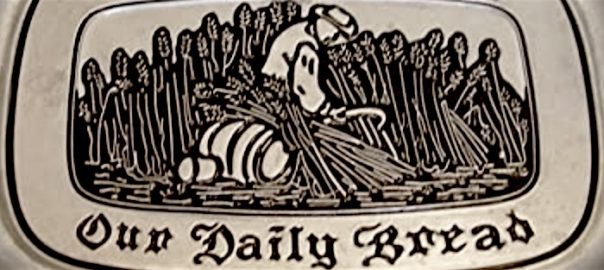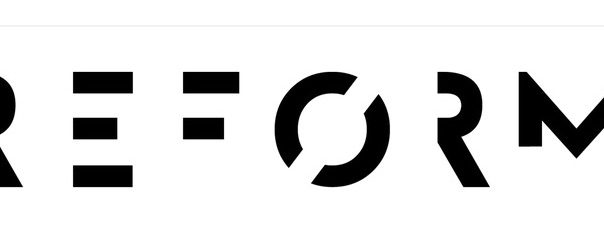
For decades, leaders from all political parties have stressed the importance of strengthening families and addressing the crises of fatherlessness, poverty, and loss of hope. We must continue work in these areas, bringing people of all cultures and social domains together for the good of future generations. We have also seen huge steps forward for minorities and women in all sectors of the economy and society, though there is still much work ahead so all can flourish.
Events in recent years are undermining all the progress we have made and render the aforementioned concerns hollow at best. Gender extremists, representing a miniscule percentage of the population, but fueled by big pharma and social media, are now demanding that young children be indoctrinated and sexualized by educators that reject the biological family, affirm Marxist ideology, and believe that anything goes when it comes to sexual experimentation and identity. The apotheosis of this civilization-destroying ideology is the recent lawsuit filed by the Attorney General in California against the Chino School District.
District officials, in keeping with trends in other states and several European nations, wanted parents informed about their childrens’ decisions to alter their names, gender identity, and personal pronouns. Please note that these leaders were NOT rejecting toleration or kindness, and even exposure to what I think are ideas best left to the family. They just wanted to keep parents in the loop! The reason for the lawsuit is concern for the “welfare of marginalized students” who need “safe spaces” for their “expression.” Right now, parents must approve of any medications for their kids and sign permission slips and waivers for a variety of activities…EXCEPT when it comes to abortion services and gender identity! Of course, any child subject to violence must be protected.
What lies beneath these actions are complete disdain for the biological family, recruitment of vulnerable children into a future of medical dependency, and a public school system more concerned with radical ideology that with the essential education for the complex world of the 21st century. This is more than protecting a few vulnerable kids in need of psychological help so they become comfortable in their bodies. This is a demonic agenda that makes the exception the rule, and the state the arbiter of truth.
Recently in another state, the government would not allow parents to remove their children from exposure to gender and sexuality indoctrination, declaring that exposure to pornographic materials and alternative lifestyles were important and could be corrected at home. Such inanity must be opposed with compassion and conviction.
We can do better. Thoughtfulness demands that we debate these issues with civility, and return final authority to the families, not the state. Every person of any identity or worldview deserves kindness, but toleration is not celebration and primary formation of character rests at home.




